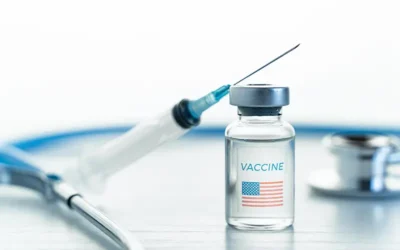Medical coding for mental and behavioral disorders in ICD-10-CM is different from that of ICD-9. Though some ICD-10 codes mirror ICD-9, there is expanded granularity for certain categories. More specific clinical documentation is required in such cases to choose the most appropriate ICD-10 code. Let’s take a look into the major features of the new coding system.
If ICD-9 code had five characters, ICD-10 medical code has seven characters. When the first three characters represent category and the last two characters represent etiology, anatomic site and manifestation in ICD-9, the first three characters represent category, the next three characters represent etiology, anatomic site and severity and the last character represents episode of care (initial, subsequent, sequela) in ICD-10. The other major features of ICD-10 include:
- The total number of codes increased from 14,000 (ICD-9) to 69,000 (ICD-10) as a result of increased specificity. However, the number of codes does not increase for all diagnoses. For example, 56 Schizophrenia related codes in the ICD-9 code set has been reduced to 11 codes in ICD-10.
- Every ICD-10 code for behavioral health starts with ‘F’ and 50% of codes are related to the musculoskeletal system.
- Critical classification changes to substance use and dependence including drug ‘use’ vs. ‘dependence’ vs. ‘abuse’).
- ICD-10 is distinguished by greater precision in identifying childhood disorders.
Top ICD-10 Codes for Behavioral Health
The top most used ICD-10 codes, when it comes to behavioral medical coding are as follows (along with ICD-9 to ICD-10) transition.
| ICD-9 | ICD-10 |
| 296.33: Major Depressive Disorder | F33.2: Major depressive disorder, recurrent severe without psychotic features |
| 296.90: Mood Disorder NOS | F39: Unspecified mood (affective) disorder |
| 300.00: Anxiety Disorder NOS | F41.9: Anxiety disorder, unspecified |
| 303.90: ETOH Dependence | F10.20: Alcohol dependence, uncomplicated |
| 304.80: Polysubstance Abuse | F19.20: Other pyschoactive substance dependence, uncomplicated |
| 305.20: Marijuana Abuse | F12.10: Cannabis abuse, uncomplicated |
| 305.50: Opiate Abuse | F11.10: Opioid abuse, uncomplicated |
| 305.60: Cocaine Abuse | F14.10: Cocaine abuse, uncomplicated F14.120: Cocaine abuse with intoxication, uncomplicated F14.121: Cocaine abuse with intoxication with delirium F14.122: Cocaine abuse with intoxication with perceptual disturbance F14.129: Cocaine abuse with intoxication, unspecified |
| 305.70: Amphetamine Abuse | F15.10: Other stimulant abuse, complicated F15.120: Other stimulant abuse with intoxication, uncomplicated F15.121: Other stimulant abuse with intoxication, delirium F15.122: Other stimulant abuse with intoxication, with perpetual disturbance F15.129: Other stimulant abuse with intoxication, unspecified |
| 307.1: Anorexia | F50.00: Anorexia nervosa, unspecified F50.01: Anorexia, nervosa, restricting type F50.02: Anorexia nervosa, binge eating/purging type |




